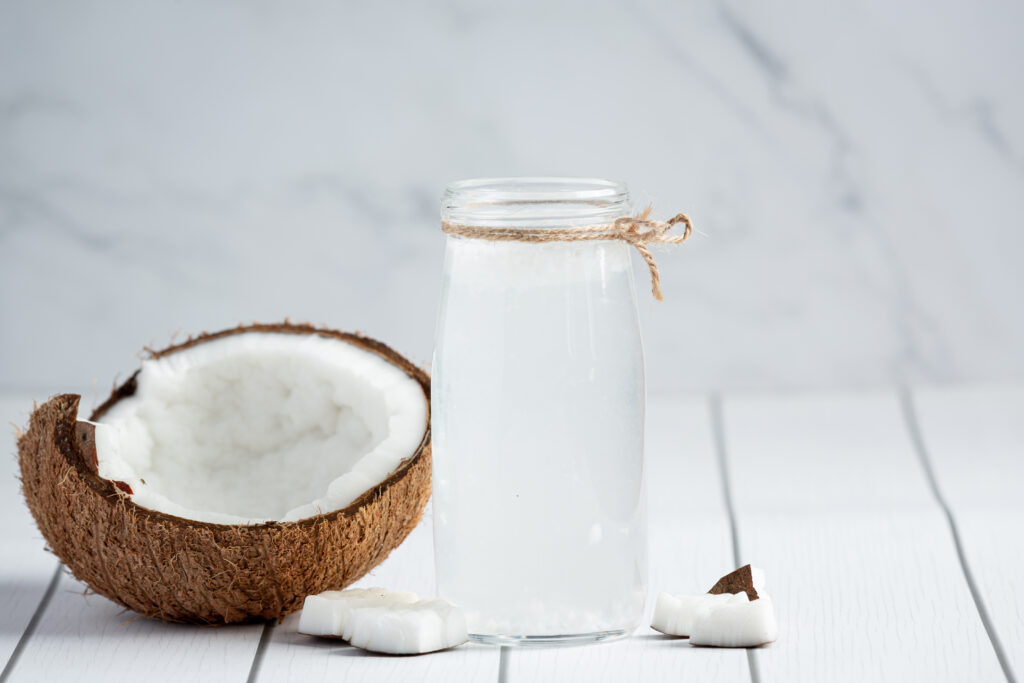
The history of coconut oil is deeply intertwined with the history of the coconut palm (Cocos nucifera), which is believed to have originated in the Southeast Asia region, particularly in what is now Indonesia and Malaysia. The coconut palm is often referred to as the “tree of life” due to its numerous uses and benefits.
Throughout its history, coconut oil has been valued for its nutritional, medicinal, and cosmetic properties. While its popularity has fluctuated over time, coconut oil remains an important part of many cultures and continues to be cherished for its multipurpose benefits.